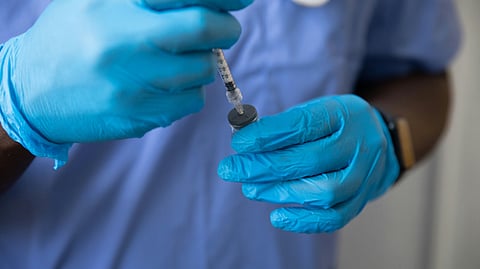The study's findings also suggest a strategy to accelerate a patient's awakening from anesthesia. Presently no reversal medicine for anesthesia exists; instead, doctors wait for the patient to metabolize the drug, which gradually wears off. However, there are times when it would be beneficial to revive a patient more quickly.
Conclusion
Research suggests that certain anesthetics can impair memory formation, particularly emotional and spatial memories. Further studies are needed to understand the underlying mechanisms and develop strategies to minimize memory loss associated with anesthesia.
References:
1.Wu L, Zhao H, Weng H, Ma D. Lasting effects of general anesthetics on the brain in the young and elderly: “mixed picture” of neurotoxicity, neuroprotection and cognitive impairment. J Anesth. 2019;33:321–35.
2. Rundshagen I. Postoperative cognitive dysfunction. Dtsch Arztebl Int. 2014;111:119–25. doi: 10.3238/arztebl.2014.0119.
(Input from various sources)
(Rehash/Dr. Richa Gupta/MSM)


